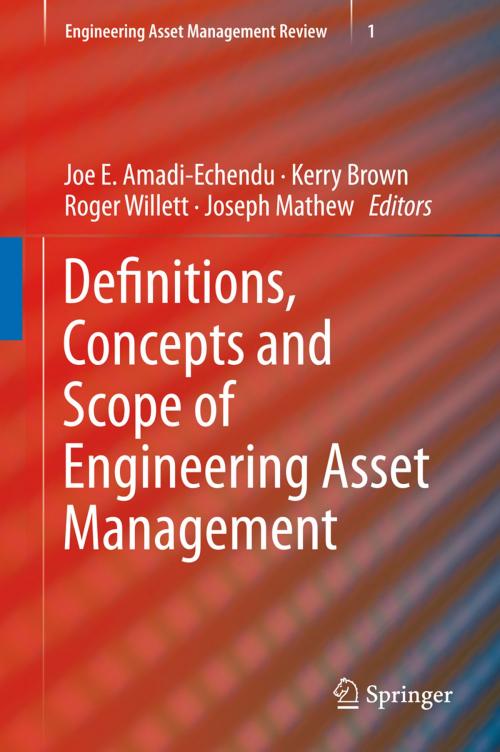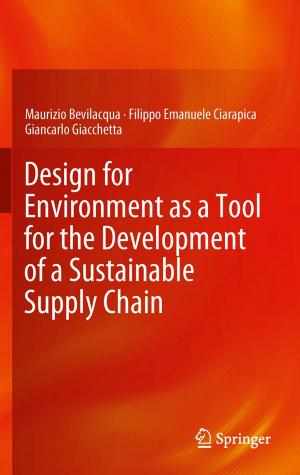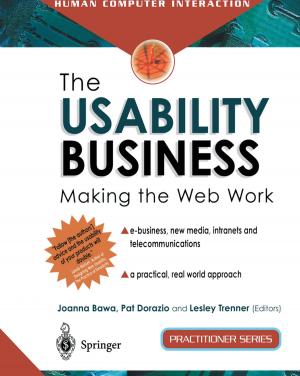Definitions, Concepts and Scope of Engineering Asset Management
Business & Finance, Management & Leadership, Production & Operations Management, Finance & Investing, Finance, Nonfiction, Science & Nature, Technology| Author: | ISBN: | 9781849961783 | |
| Publisher: | Springer London | Publication: | November 2, 2010 |
| Imprint: | Springer | Language: | English |
| Author: | |
| ISBN: | 9781849961783 |
| Publisher: | Springer London |
| Publication: | November 2, 2010 |
| Imprint: | Springer |
| Language: | English |
Definitions, Concepts and Scope of Engineering Asset Management, the first volume in this new review series, seeks to minimise ambiguities in the subject matter. The ongoing effort to develop guidelines is shaping the future towards the creation of a body of knowledge for the management of engineered physical assets. Increasingly, industry practitioners are looking for strategies and tactics that can be applied to enhance the value-creating capacities of new and installed asset systems. The new knowledge-based economy paradigm provides imperatives to combine various disciplines, knowledge areas and skills for effective engineering asset management. This volume comprises selected papers from the 1st, 2nd, and 3rd World Congresses on Engineering Asset Management, which were convened under the auspices of ISEAM in collaboration with a number of organisations, including CIEAM Australia, Asset Management Council Australia, BINDT UK, and Chinese Academy of Sciences, Beijing University of Chemical Technology, China. Definitions, Concepts and Scope of Engineering Asset Management will be of interest to researchers in engineering, innovation and technology management, as well as to managers, planners and policy-makers in both industry and government.
Definitions, Concepts and Scope of Engineering Asset Management, the first volume in this new review series, seeks to minimise ambiguities in the subject matter. The ongoing effort to develop guidelines is shaping the future towards the creation of a body of knowledge for the management of engineered physical assets. Increasingly, industry practitioners are looking for strategies and tactics that can be applied to enhance the value-creating capacities of new and installed asset systems. The new knowledge-based economy paradigm provides imperatives to combine various disciplines, knowledge areas and skills for effective engineering asset management. This volume comprises selected papers from the 1st, 2nd, and 3rd World Congresses on Engineering Asset Management, which were convened under the auspices of ISEAM in collaboration with a number of organisations, including CIEAM Australia, Asset Management Council Australia, BINDT UK, and Chinese Academy of Sciences, Beijing University of Chemical Technology, China. Definitions, Concepts and Scope of Engineering Asset Management will be of interest to researchers in engineering, innovation and technology management, as well as to managers, planners and policy-makers in both industry and government.















